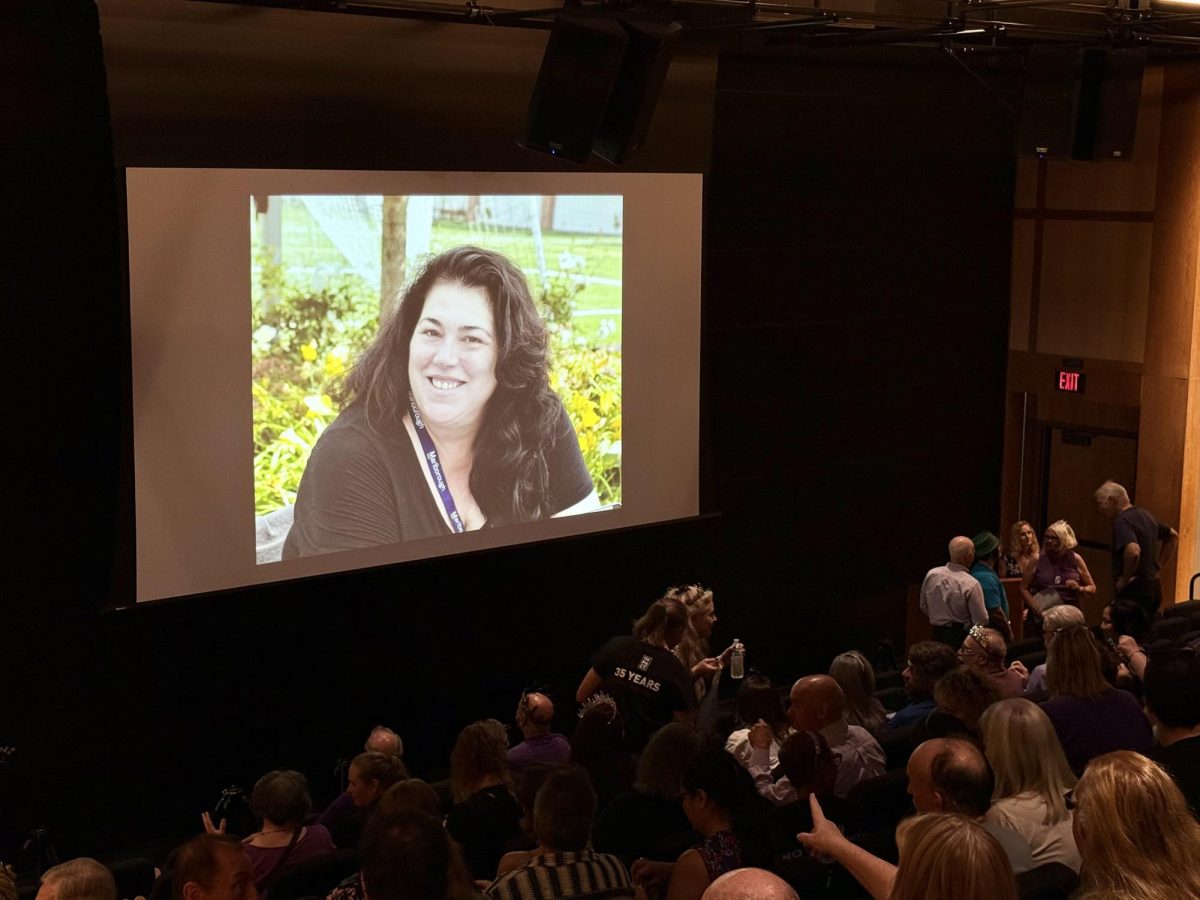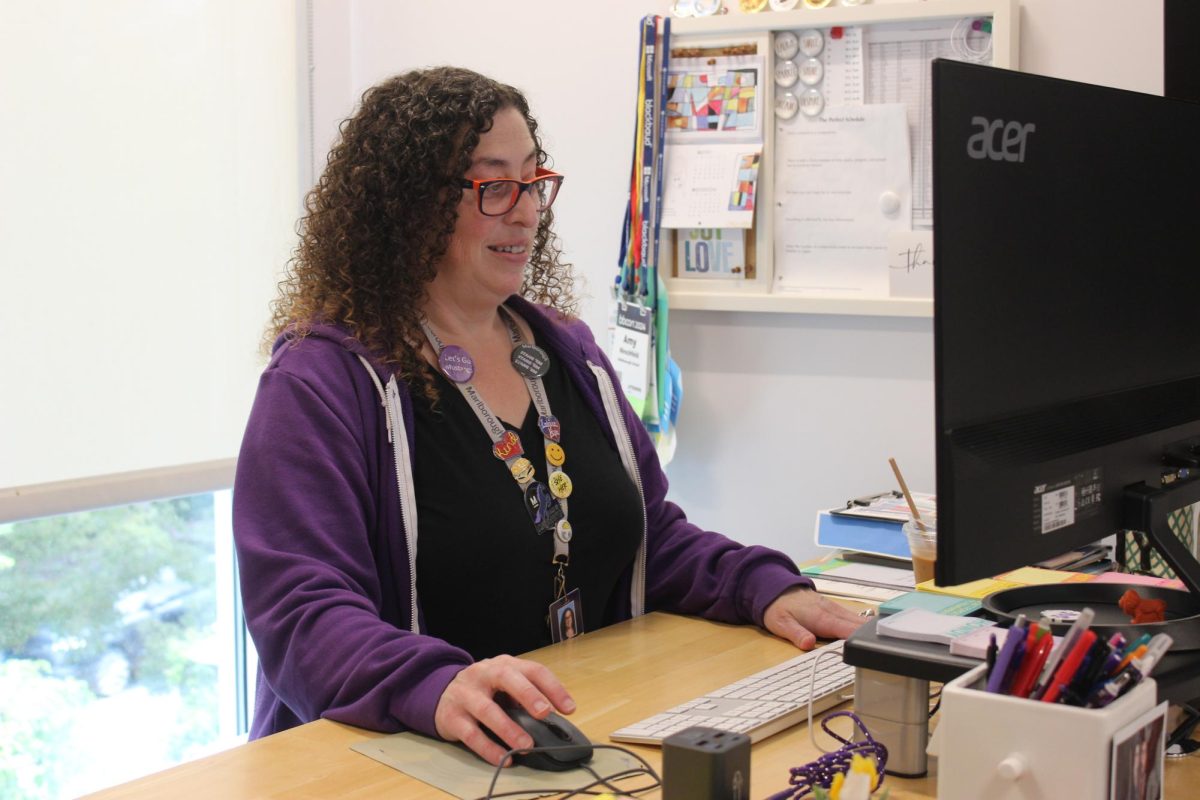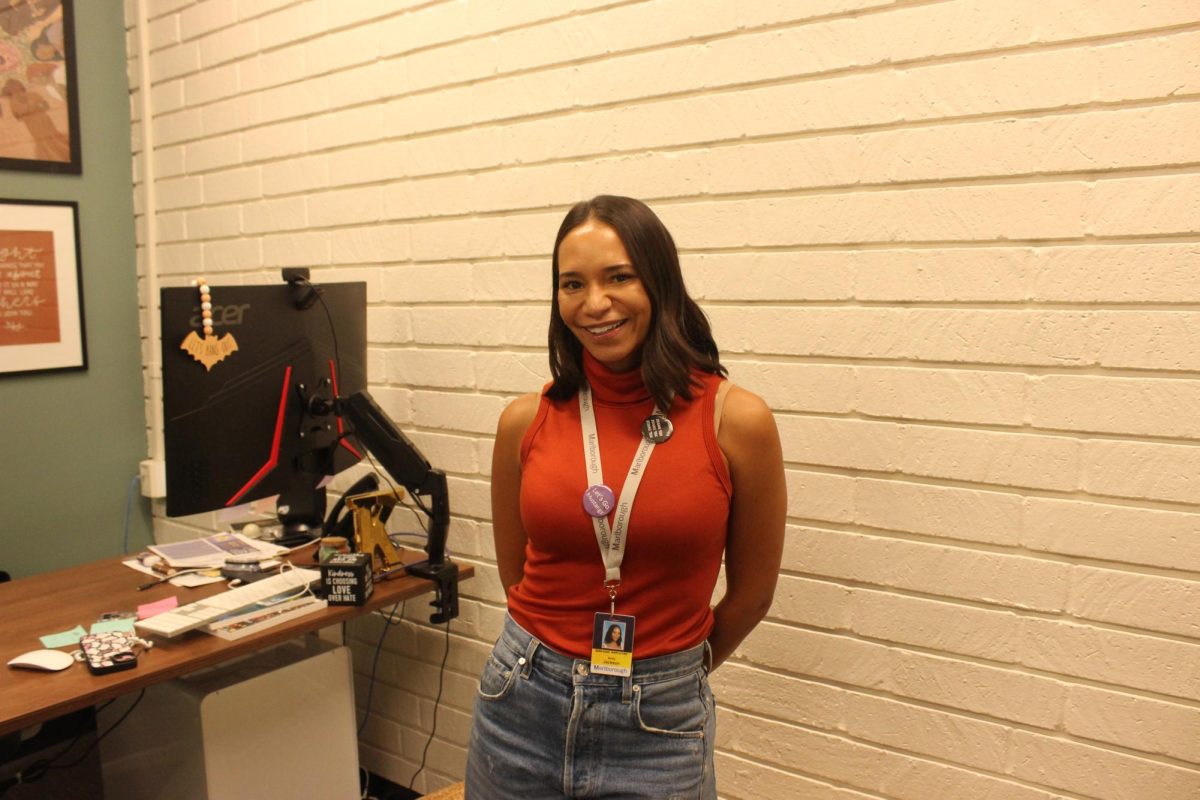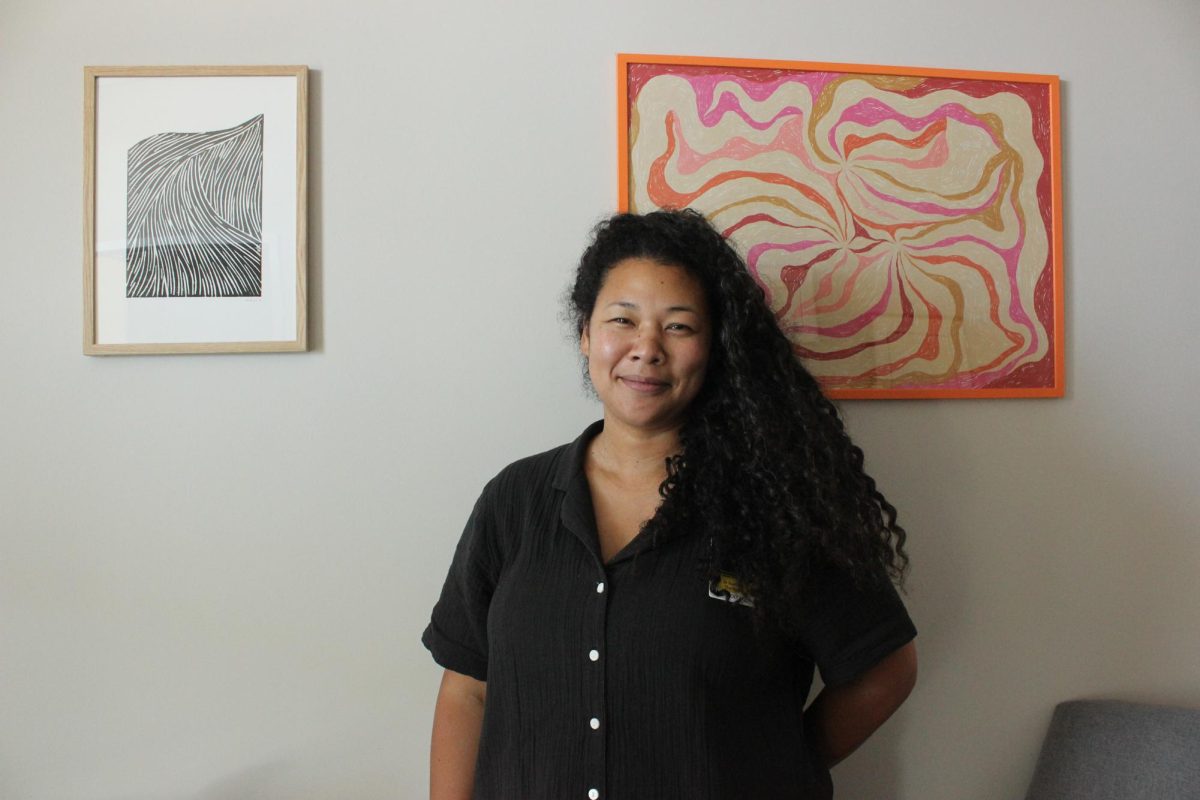History and Social Sciences Department Head Mabel Wong will leave Marlborough after seven years at the school and will take the role of Assistant Head of School at Mayfield Senior School in Pasadena, California. Along with her role as History and Social Sciences Department Head, Wong has taught several history courses and is one of the Global Futures Institute (GFI) architects.
One of the most popular courses at Marlborough is Wong’s Honors Humanities Seminar Course for 12th graders: Theories & Politics of Race (TPR). As a result of Wong’s departure from Marlborough, the 2024-25 school year marks the last year that TPR will be offered for Marlborough students.
Students enrolled in TPR read and analyze academic publications spanning across the humanities and the social sciences. They also engage with contemporary events to answer questions such as what race means to them, whether our legal system is racially codified and how socio-economic inequalities get organized along racial lines
TPR has shaped the interests of many years of Marlborough seniors, including alumna Gideon ’24, who commented on the ways that TPR impacted her college experience.
“The skills Dr. Wong taught us in TPR were so beneficial to my college experience,” Gideon said. “Many of the readings have shown up in my current courses, and I consult the structure of several of my TPR papers as guides for longer assignments.”
TPR was first offered as a Senior Honors Humanities seminar in the 2020-21 school year. During this time, protests against systemic racism and police brutality were sweeping the nation on the heels of the murder of George Floyd in May 2020, which emphasized the relevance and importance of the course.
“TPR definitely pushes the way one thinks about race in the United States,” Gideon said. “In particular, the strong connection Dr. Wong pushed between race and capitalism definitely affected my view and encouraged me to think deeper.”
One of the first assignments that TPR students completed was a reflection on their personal experiences with racial identity in order to connect that personal experience to broader political and social issues.
“In reading student’s personal stories about racial identity formation, I have learned a lot; it has been touching, moving, informative and also very empathy-building to have the honor of having students share their personal experiences with me,” Wong said.









